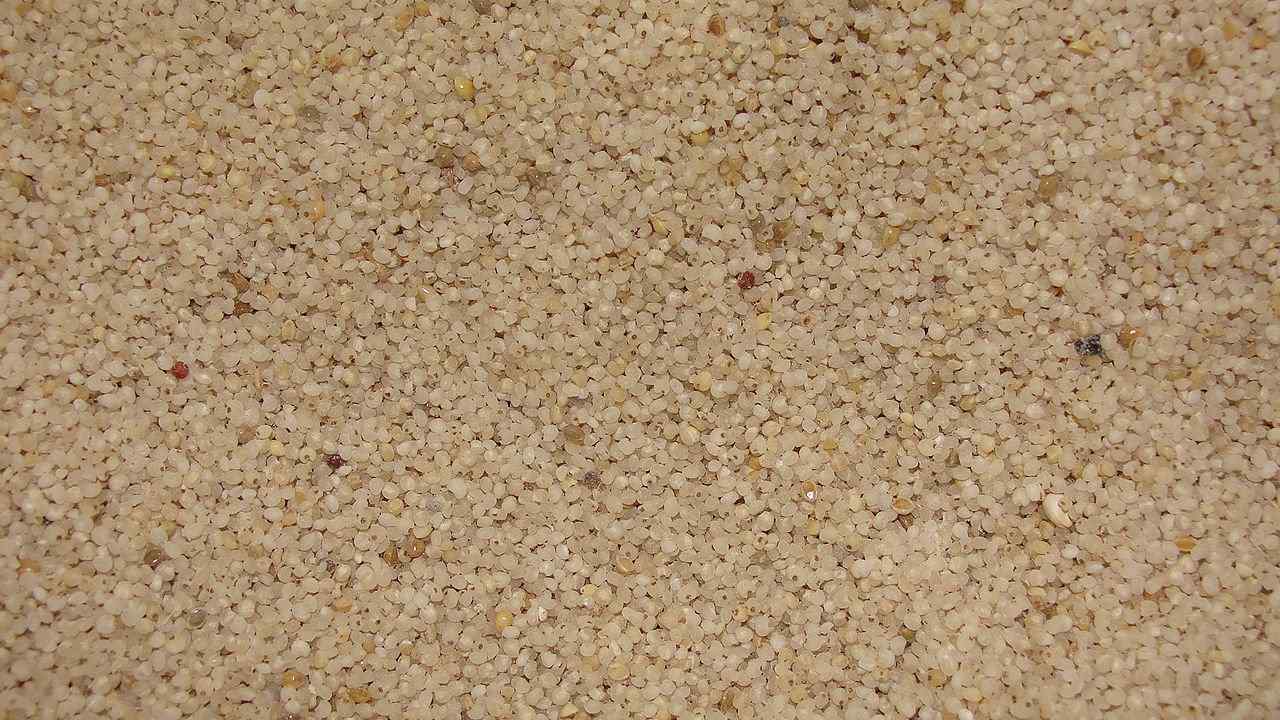Barnyard millets are grown globally everywhere and consumed by both humans and animals.
Its botanical name is Echinochloa esculenta. It belongs to the Panicoideae species of the grass family, Poaceae.
Barnyard millet boasts a lot of medicinal uses. In Ayurveda, It has been in use for some diseases.
Barnyard millets are highly resistant to desiccation, heat, and unfavorable conditions.
And, in this way, they have a lot of nutrients packed in them. This specialty of barnyard millets makes them beneficial for health.

Nutrition Facts:
Barnyard millets are small packets of nutrients. They are a great source of iron, protein, and fiber.
100 grams of barnyard millet provides 100% of the daily value of iron and 67% of the daily value during pregnancy. Also, it has a significant amount of calcium, which may strengthen your bones and teeth.
It provides the following nutrients per 100 grams serving (1).
- Calories: 300 kcal
- Fat: 3.6 grams
- Dietary Fiber: 13.6 grams
- Protein: 11 grams
- Carbohydrate: 55 grams
- Calcium: 22 mg
- Vitamin B1: 0.33 mg
- Iron: 18.6 mg
- Vitamin B2: 0.10 mg
- Vitamin B3: 4.2 mg
Health Benefits Of Barnyard Millet:
Here are 6 impressive health benefits of barnyard millet.
1. Good for Diabetes:
Barnyard millet is very high in dietary fiber and protein.
Hence, it is more beneficial for diabetes than wheat and other grains.
Also, research says that barnyard millet has a low glycemic index of 41.7. Hence, it will not raise your blood sugar levels quickly (2).
Barnyard millets also help improve the lipid profile of diabetic patients (3).
Therefore, diabetic patients can consume these millets as a substitute for rice (4).
2. Rich in Antioxidants:
Barnyard millets contain a lot of phytochemicals, such as polyphenols (5).
They act as antioxidants and detoxifying agents.
Hence, they protect us from many diseases, including heart diseases, diabetes, and cancer (6).
3. Helps reduce blood cholesterol levels:
Barnyard millet is low on carbs and fat.
100 grams of barnyard millet contains just 3.6 grams of fat.
Thus, people who eat barnyard millet in day-to-day life can keep a healthy heart.
Also, it helps lower the total cholesterol levels in the body (7).
Hence, barnyard millet helps weight loss and boosts metabolism.
4. Helps relieve constipation:
Barnyard millet contains a decent amount of both soluble and insoluble fiber (8).
Dietary fibers leave the body in the same way as they are eaten.
And consequently, they help in the digestion and excretion of waste materials.
Grains have always been seen as constipation relievers.
And, barnyard millet is one of the best things to eat if a person is suffering from constipation.
5. Strengthens Immune System:
Barnyard millets contain a reasonable amount of iron and zinc (9).
Both zinc and iron are essential for our immune system (10, 11).
So, ultimately, eating barnyard millets benefits the body to deal with invading substances and infections.
6. Gluten-free
All millets, including barnyard millet, are gluten-free (12).
Hence, millets can be an excellent choice for those who have celiac disease.
Conclusion:
In a nutshell, the benefits of this amazing and nutritious eatable are countless. It’s hard to cover them all up in words.
People in various areas of the world eat barnyard millets traditionally. But, it’s still not a very common feed.
In order to stay healthy, we need to add it to our every day eating regime.